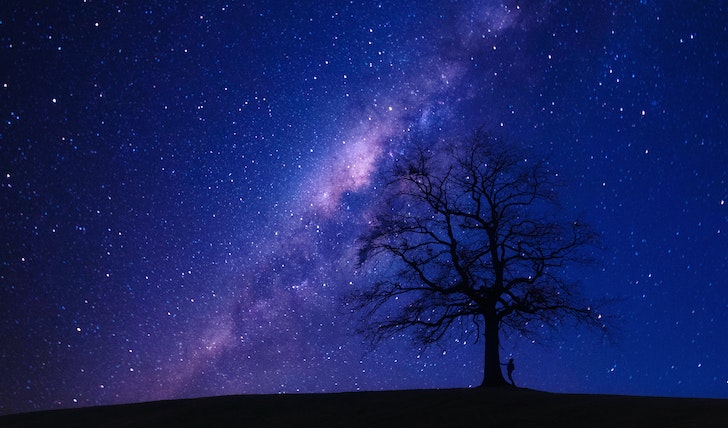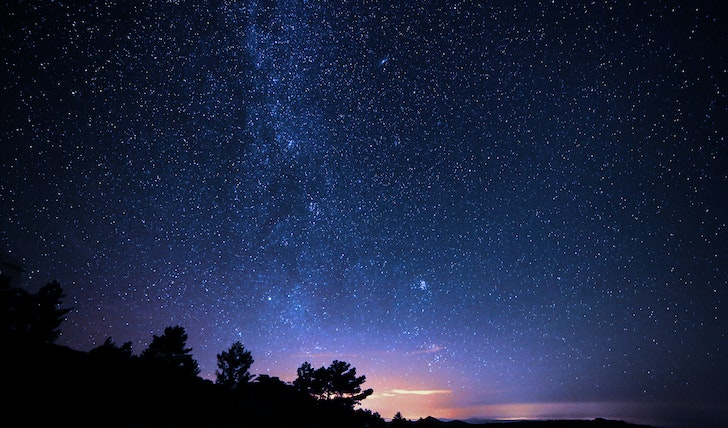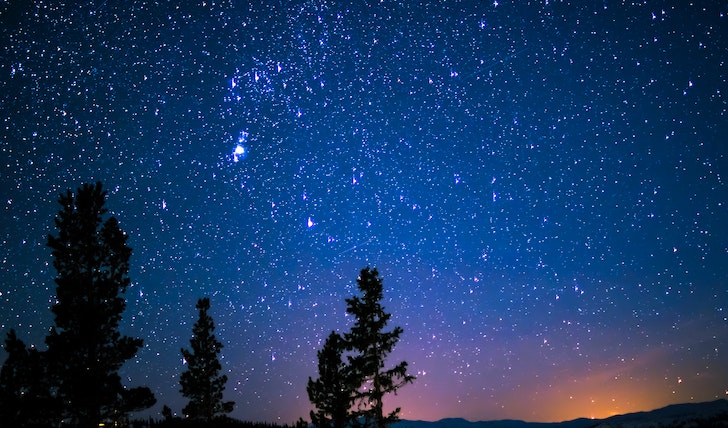Humans have been captivated by the mysteries of the universe since time immemorial. How did the universe come to be? What is its true nature? What does it mean for human existence? To discover these answers, we must look back billions of years to one of the most awe-inspiring events of all time: The Big Bang.

Johannes / Pexels / Human beings continue their quest for understanding the universe.
In this article, we will explore what scientists know about our cosmos, from the formation of galaxies and stars to the evolution of life on Earth and our place in the cosmos.
The Big Bang
The Big Bang is theorized to have happened around 13.8 billion years ago when a singularity suddenly expanded into an incredibly dense, hot ball of matter and energy. This matter and energy rapidly expanded, cooling as it went and forming the first atoms, which eventually coalesced into galaxies, stars, and planets.
As these objects cooled further, molecules began to form, allowing for more complex interactions in the universe.
Formation of Galaxies
Galaxies are collections of star systems held together by gravity. Astronomers believe they were formed around 1 billion years after the Big Bang when large clouds of gas collapsed under their own mass.
As this collapse happened, stars began to form due to a process known as nuclear fusion. During this fusion, small atoms combine to create larger ones releasing substantial amounts of energy in the process.

Miriam / Pexels / The Big Bang happened some 13 billion years ago, and it is still one of the mysteries of all time.
Star Formation
Stars are incredibly important structures within our universe as they are responsible for the creation of elements like carbon and oxygen. When large clouds of gas collapse, they form protostars. These are small, dense objects made up mostly of hydrogen and helium atoms.
These protostars can grow to become stars through a process known as accretion, where material from the cloud is pulled into them due to their own gravity.
The Formation of Life on Earth
While the formation of galaxies and stars laid the groundwork for life on Earth, it was not until around 4 billion years ago that conditions were just right for primitive organisms to begin evolving.
Scientists believe that these organisms began in what is known as a “primordial soup,” an environment with abundant sources of energy and organic compounds that allowed life to emerge.

Sindre / Pexels / The formation of stars is one of the incredible mysteries of our cosmos.
Human Existence
Humans have only been around for a fraction of the time that our universe has existed, but in that short amount of time, we have managed to develop incredible technology and an understanding of the cosmos that would have seemed impossible just centuries before.
We now have telescopes capable of observing distant galaxies and satellites monitoring our planet from space. Our knowledge of physics and chemistry allows us to explore how the universe works and how it came to be.
The Final Word
The Big Bang created the conditions for galaxies, stars, and eventually, our existence on Earth. From this incredibly powerful event a billion years ago, we have discovered so much about the nature of the universe and our place within it.
We have yet to uncover all its secrets, but the more we learn, the more fascinated we become with this enchanting cosmos of ours.








